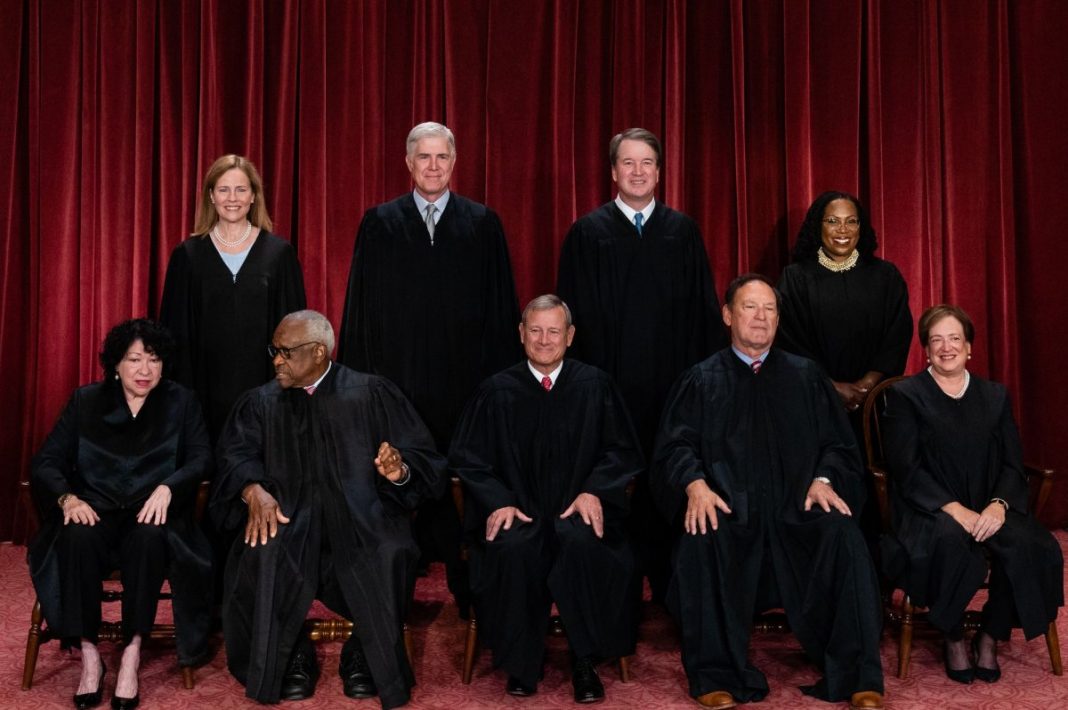
Oct. 27 (UPI) — The Biden Administration is pushing back on a legal theory repeated by Republican lawmakers in a significant Supreme Court case regarding election law.
Solicitor General Elizabeth Prelogar issued a 36-page letter to the Supreme Court, warning that the theory would have harmful consequences on future elections across the United States.
“The extraordinarily disruptive consequences of petitioners’ novel arguments provide further reason to reject them,” Prelogar writes. “Petitioners’ principal arguments would mean that constitutional provisions in nearly every State — many of them dating to the Founding — were either wholly invalid or could be applied only to state elections.”
The theory in question, which has been laid out by Republicans and repeated by former President Donald Trump, suggests state courts should not have the power to review their election laws under their state constitutions, in regard to federal elections.
Specifically, it says states do not have the power to adopt redistricting maps for federal elections. It is referred to as the “Independent State Legislature Theory.”
This comes after North Carolina adopted a new map that seems to favor Democrats, while rejecting a map submitted by the Republican legislature.
The argument brings into question the power of individual state constitutions in determining the parameters of their election proceedings. If the Supreme Court rules in agreement with this theory, it opens the door for each state to adopt vastly different rules for state and federal elections. It targets redistricting but could also affect mail-in voting and early voting.
“The problem would be exacerbated when, as is inevitable, courts are presented with requests for emergency relief while an election is imminent or underway,” Prelogar said. “Petitioners’ theories also would increase the burdens of election litigation on the federal courts-and, ultimately, on this Court.”
The case will be argued by the Supreme Court beginning Dec. 7.
